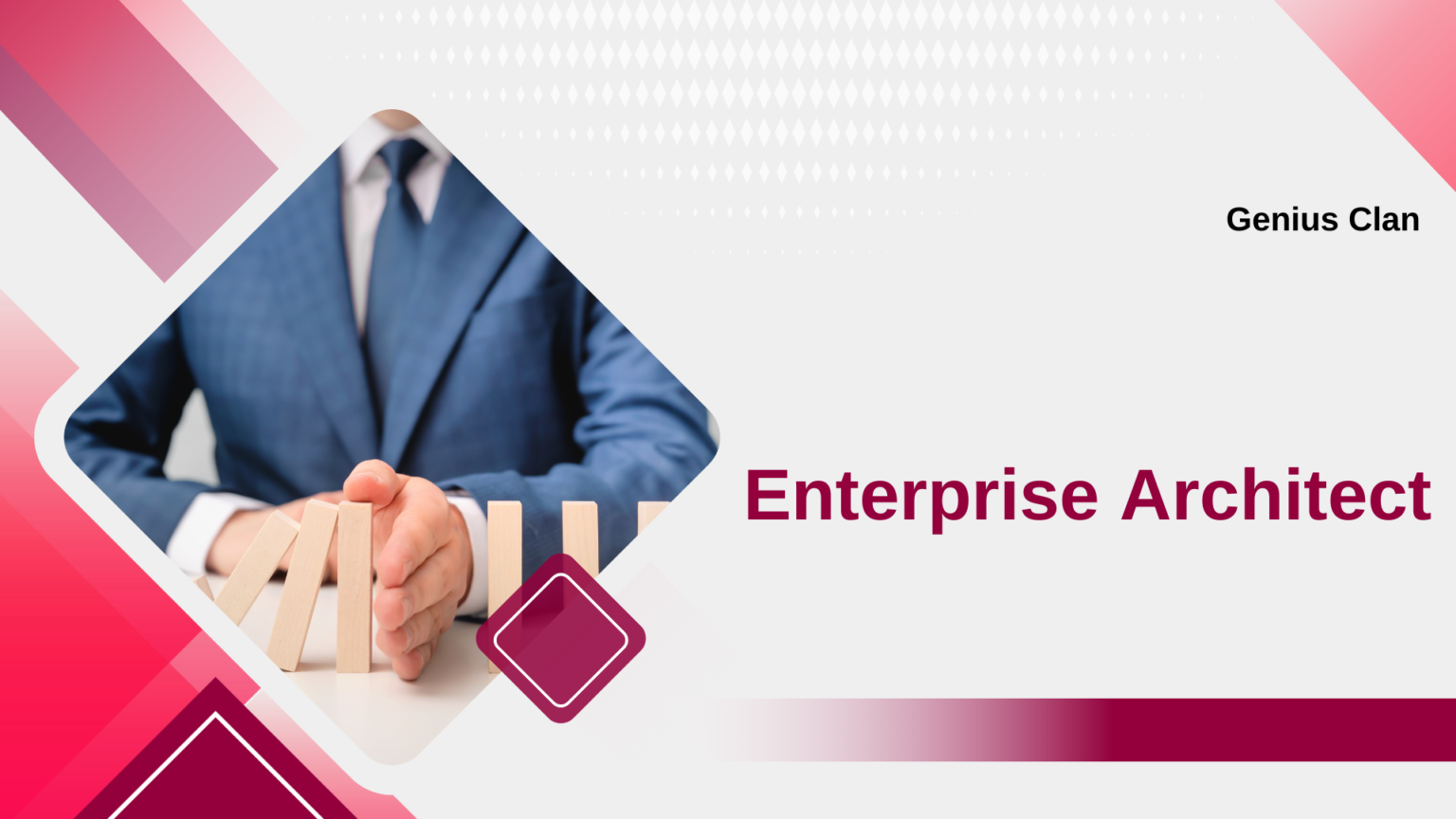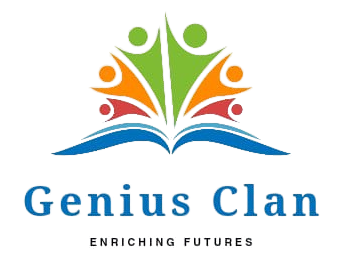
Features of This Course
TOGAF® Enterprise Architecture Foundation
Provider: GEL
Accredited by: The Open Group
Exam vouchers included
Free resit
Course duration: 10+ hours
Access Period: 6 months
Tutor support
Quizzes and exam practice
Works on mobile devices
Course Overview
The TOGAF® Standard serves as a framework for Enterprise Architecture. It is available for non-commercial use by any organization that aims to develop an Enterprise Architecture internally.
- Understanding Enterprise Architecture and the principles of the TOGAF Standard
- Key terminology used within the TOGAF Standard
- The stages of the Architecture Development Method (ADM), goals of each phase, and customization and scoping of the ADM
- Methods that support the implementation of the ADM
- Practical application of the ADM, including techniques for iteration, partitioning, and adaptation for a Digital enterprise
- The role of Architecture Governance in the development of architecture
- Architecture outputs — the documents and artifacts created during the ADM process
This TOGAF Enterprise Architecture Foundation course equips you with the basic knowledge and insight into Enterprise Architecture following the TOGAF framework, preparing you to participate in architecture projects.
Target Audience
- Individuals interested in an introduction to the TOGAF® Standard, 10th edition
- Professionals in architectural roles looking to attain a globally recognized certification.
- Enterprise architects involved in Enterprise Architecture initiatives.
- Aspiring Enterprise Architects seeking to obtain TOGAF® Enterprise Architecture certification.
- Anyone aiming to successfully complete the official TOGAF® Enterprise Architecture Part 1 exam.
What will you learn?
- The principles of Enterprise Architecture and the TOGAF Standard.
- The essential terminology associated with the TOGAF Standard.
- Insights into the Architecture Development Method (ADM) cycle, including the goals of each phase, and methods for adapting and scoping the ADM.
- The techniques that facilitate the implementation of the ADM.
- Practical use of the ADM, focusing on iteration, partitioning, and its application in a digital business context.
- The impact of Architecture Governance on the development of architecture. Architecture content — the deliverables generated during the ADM process.
Why take this course?
- This self-paced course allows learners to tailor their study time around personal schedules.
- The material is presented in short, manageable video segments.
- Regular quizzes are included to reinforce the material covered.
- Two mock exams and frequent assessments are provided to ensure readiness for the certification test.
- Upon completion, successful participants will demonstrate a solid grasp of TOGAF Enterprise Architecture fundamentals, enhancing their ability to contribute to and support EA teams.
- Completing the Foundation (Part 1) exam qualifies students to proceed to the Practitioner (Part 2) exam.
- This course includes a FREE exam voucher and a FREE resit (terms and conditions apply).
- This TOGAF® Enterprise Architecture Foundation course is accredited by The Open Group.
Course Curriculum
In the initial module, an introduction is provided concerning the main features of the course, along with a comprehensive learning plan, the goals and objectives set forth, and its overall structure. Additionally, participants are given access to a course guide, a package containing various diagrams, a glossary, documents for further reading and links, and access to download necessary copies of framework publications.
The first chapter opens with an Executive Overview, which provides a broad outline regarding The Open Group’s perception of Enterprise Architecture, addressing several basic inquiries such as the nature of an enterprise, the necessity of an Enterprise Architecture, and the reasons for employing the TOGAF Standard as a guiding framework for Enterprise Architecture. The subsequent chapter delves into the foundational concepts of the TOGAF Standard, including an introductory depiction of the Architecture Development Method (ADM), the Enterprise Continuum, Architecture Repository, Content Framework, Enterprise Metamodel, and Enterprise Capability.
The initial chapter of this module elaborates on the elementary structure of the ADM along with various critical aspects. The following chapter shifts focus towards the governance and scoping pertaining to Enterprise Architecture.
This module provides an overview of the purpose and goals associated with each phase of the ADM, starting from the preliminary phase through to phases A-H. It includes explanations regarding Requirements Management and the role of architecture within an Agile Enterprise.
In this module, an introduction is given to the supporting guidelines and techniques of the ADM. It outlines the purpose behind Architecture principles, the attributes of a sound Architecture Principle, and proceeds to discuss business scenarios, interoperability, the Business Transformation Readiness Assessment, and risk management strategies.
This module starts by directing learners on where detailed guidance on applying the TOGAF Standard can be found. It discusses the application of iteration to the ADM, the Architecture Landscape, Architecture Partitioning, and the purposes of EA Capability, concluding with how the TOGAF Standard facilitates support for the digital enterprise.
An explanation is provided on the concept of Architecture Governance, initially focusing on its nature and characteristics. It also covers the role and responsibilities of an Architecture Board, alongside the functions of Architecture Contracts and Architecture Compliance.
Focus in this module is placed on the content of Architecture — the outputs generated during the execution of the ADM. It starts by defining the key concepts of Architectural Artifacts, the essence of building blocks and their utilization in the ADM, and outlines the TOGAF Standard deliverables that are created and utilized across various ADM phases.
This module contains two practice exams, one of which is provided by The Open Group, while the other has been developed by Good e-Learning.
The concluding module offers information regarding the procedure for booking the exam and details other courses that might be of interest.
Exam Information
Pearson Vue is the authorized provider for TOGAF®, IT4IT™, and ArchiMate® certifications, offering examinations at a global network of testing centres.
Included in this course are two preparatory TOGAF Enterprise Architecture Foundation (Part 1) practice exams, complete with answers to assist students in preparing for the official Foundation Part 1 exam.
Participants will receive a FREE exam voucher and a free resit (terms and conditions apply).
Requests for exam vouchers are usually processed within two to five working days. It is important for students to request their exam voucher within the period of course access, starting from the purchase date. For additional details, visit the GEL Support & FAQs page.
TOGAF Enterprise Architecture Foundation (Part 1) exam
- Format: Multiple-choice exam.
- Number of Questions: 40 total.
- Duration: 60 minutes, extended to 90 minutes in countries where English is a second language.
- Exam Conditions: Closed book; no external resources or materials are allowed.
- Passing Score: 60%, requiring at least 24 out of 40 questions to be answered correctly.
FAQ's
Enterprise architecture involves developing the structures of IT systems, detailing their components and the ways they interact. This helps organizations gain a more comprehensive understanding, allowing them to align their IT architecture with business objectives. This alignment is crucial for facilitating significant transformations within enterprises, promoting IT development, and managing broad organizational changes.
The TOGAF® standard is a prominent framework in enterprise architecture. It offers a detailed method for planning, constructing, and maintaining enterprise architectures, which has been widely adopted across numerous organizations and industries globally.
The Open Group collaborates with both technology providers and users, as well as consortia and other standards bodies, to define, refine, and integrate evolving requirements, create standards and policies, and disseminate best practices.
The certification path starts with the TOGAF Enterprise Architecture Foundation (Part 1), followed by the TOGAF Enterprise Architecture Practitioner (Part 2) exam. The TOGAF Business Architecture (BA) exam and credential courses do not require previous exam completions.
TOGAF-certified professionals typically earn between $85,000 and $202,000 annually, according to Payscale. The certification is increasingly valuable as businesses seek to integrate IT infrastructures with business operations globally.
The TOGAF framework boasts a widespread adoption in over 130 countries, with significant certifications occurring in the UK, USA, India, the Netherlands, and Australia. TOGAF-certified architects are in demand worldwide.
TOGAF assists businesses in effectively pursuing enterprise transformation and IT growth. It ensures that IT infrastructures align with business goals and offers resources that minimize the time spent on future project planning.
The TOGAF Foundation (Part 1) exam lasts 60 minutes, includes 40 questions, and is closed-book. Non-native English speakers may receive an extra 30 minutes. The required pass mark is 60%. The TOGAF Practitioner (Part 2) exam involves 90 minutes and eight questions, also with a 60% pass threshold.
DISCLAIMER
- TOGAF® Enterprise Architecture Foundation , delivered by GEL, is a course accredited by The Open Group. Genius Clan [part of MVB Digi Marketing Pvt Ltd] promotes this course on behalf of GEL.
- TOGAF® is a registered trademark of The Open Group.
